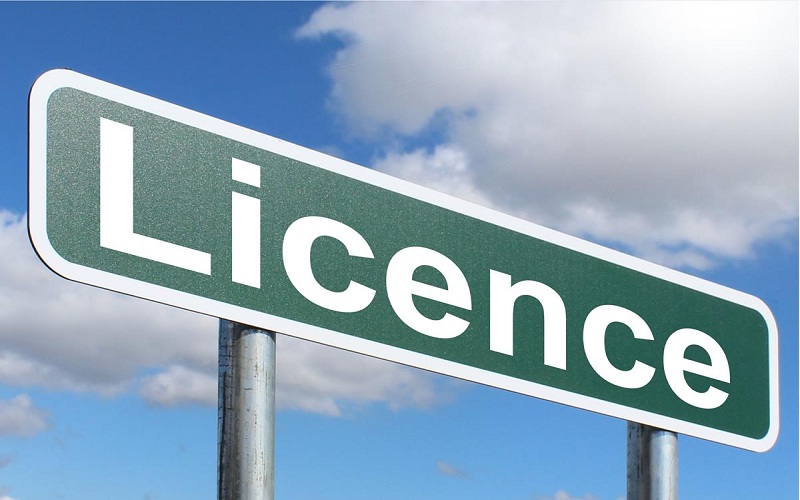Criteria Businesses Must Meet to Qualify for a Wholesale License

It is a big achievement for any business that wants to acquire a wholesale license to purchase products in large quantities at a cheaper price. This license enables the acquisition of goods at lower costs (wholesale) and then selling them at higher costs (retail). However, getting a wholesale license is challenging; state and local laws set quizzes for qualifying businesses. This knowledge of these criteria can assist the company in the proper process of applying for these licenses without failing to fulfill all the legal necessities.
Business Structure and Registration
The first requirement forfiling for a California wholesale license is to have a legally registered business. This includes the selection of the legal formation of the business, which may be the sole trader, partnership, limited Company, or incorporated business Company, and the business name’s official formation by obtaining a business name from the state or local bureaus. The business must also have a federal Employer Identification Number (EIN) for tax-related matters. This registration certifies the physical existence of the business and the legal framework that allows it to run in the wholesale market.
Sales Tax Permit
An essential factor in obtaining a wholesale license is obtaining a sales tax permit or sales tax ID. This permit enables the acquisition of products meant for resale since the business will not be required to pay sales tax. The state’s revenue department or any other related body should accredit the sales tax permit. They ensure that businesses collect and pass on sales tax on products sold to the consumers and ensure compliance with the set down tax laws.
Proof of Business Operations
As a result, businesses need to prove that they will be involved in business operations to be granted wholesale licenses. This usually entails the submission of proof of a brick-and-mortar physical business premise or a home office that is engaged in business. Also, firms might be required to provide evidence of a commercial account and that they can account for the business activities, thus having a documented backup, which may be in the form of business plans, contracts, or lease agreements.
Financial Stability
Another criterion is related to the financial stability of those actors, which the European Commission considers its leading partner in policy implementation. Any business must usually provide evidence of its competence to handle wholesale operations. They might be required to submit their financial statements, bank statements, or credit references. Such a requirement protects businesses, especially in the wholesale sector, from economic risks, thereby demonstrating that the firm has the ability to meet its contractual responsibilities of paying its suppliers and or meeting its large-scale responsibilities.
Compliance with Local Regulations
Local legislation is quite diverse, so it is necessary to check the specific zoning ordinances and other requirements concerning the enterprises’ location. Certain places may have different rules or regulations that may be appended to the fact of conducting business, for example, safety ordinances, posting laws, or permit and license necessities. Therefore, it is necessary to study general local provisions and follow them to prevent any legal complexities that might impact the wholesale license.
Final Thoughts
Getting a license to obtain wholesale is predicated on several factors, including legal business registration, obtaining a sales tax, proof of business activities, financial capability, and business licensing. When these conditions are met, operators are well placed in a business opportunity to wholesale, thus increasing their purchasing battalion and market front. Addressing these criteria makes it easy for applicants to complete the application process and guarantees companies longevity in the competitive wholesale industry.





